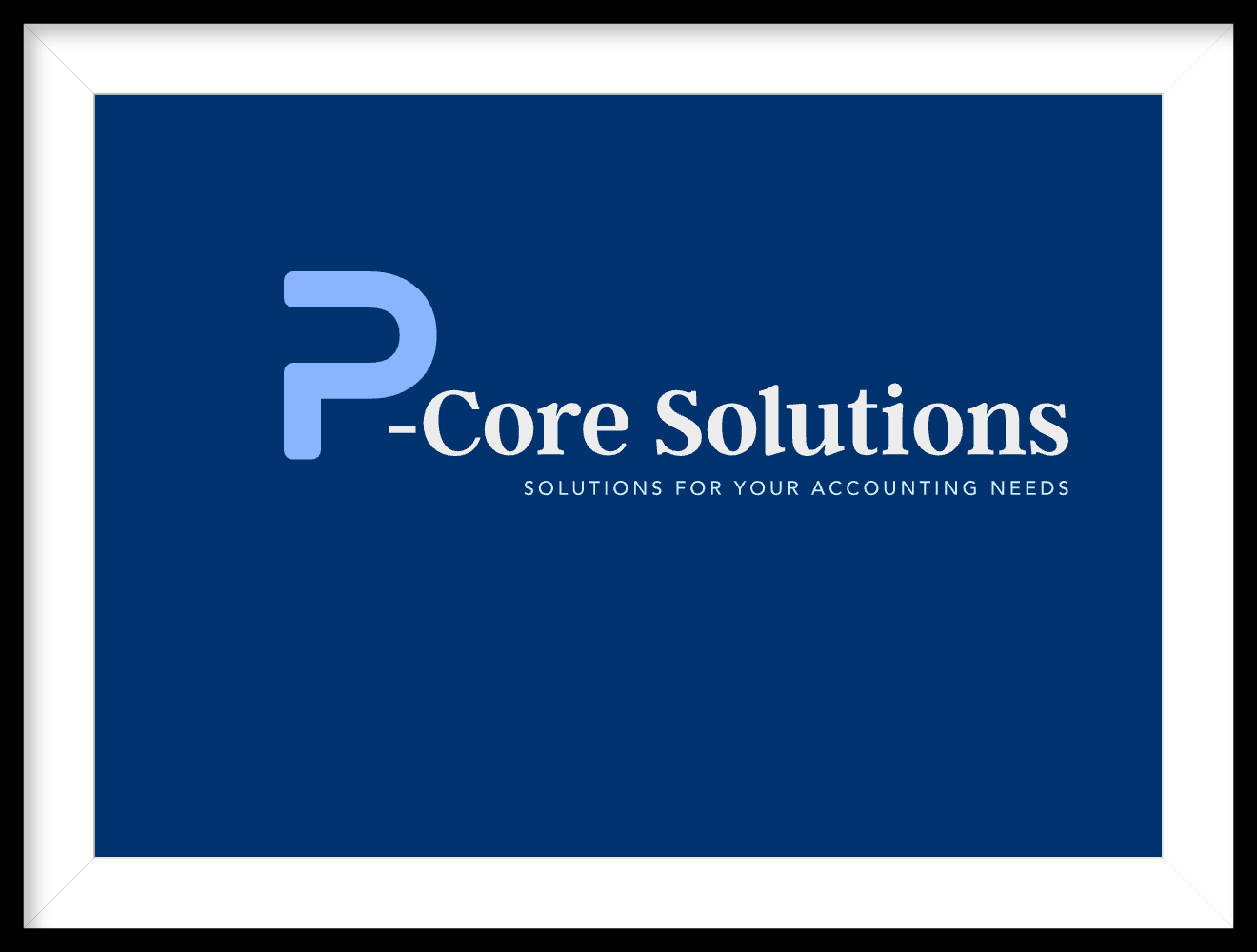Mixing Personal and Business Finances - A Common Mistake Small Business Owners Make
I get it…as a Small Business you spend most of your waking and sleeping hours on your business so there really is no difference between your business and your personal…wrong. Running a small business is a wildly consuming endeavor. It takes passion, commitment, and a significant personal sacrifice. Keeping your personal and business finances separate is an absolute necessity though.
Too many small business owners blur the line between personal and business accounts and expenses. While it might not seem like a big deal and often even more convenient at first, mixing personal and business finances is one of the most common mistakes entrepreneurs make.
Here’s why keeping them separate is not just a best practice, but a business necessity.
1. You Don’t Have a Clear View of Your Business’s Financial Status
You have a bill to pay, have access to your business account and your personal account – one has money in it and the other doesn’t so you just pay from the business account. Since you paid from the business account you have to classify it as a business expense, right? That’s not how this works, no matter how convenient it is.
Accurate projections and reporting of cash flow, profit, and expenses are critical to making smart decisions as you grow. You can’t manage what you can’t measure, and mixed finances don’t allow for proper measurement.
2. It Damages Your Credibility
If you ever seek investors, partners, or business loans, the first thing they’ll look at is your financials. A lack of separation signals a lack of professionalism and raises red flags about how the business is being managed.
Credibility amongst your employees and peers may also be impacted. Depending on what they know or have access to, or how brazenly you mix these expenses.
Having a dedicated business bank account and bookkeeping system demonstrates that you're serious and organized.
From any perspective, it creates a bad look.
3. It Can Slow Down Business Growth
Remember what I mentioned about having accurate projections and reporting being critical to making smart decisions. Yeah, this is where it really hurts – growth. Properly scaling a business involves budgeting, forecasting, and strategic financial planning. When your business financials include your Amazon Movie purchases and more, the decisions on how to grow aren’t clear.
Understanding where you are spending your money, which areas are profitable, and where you can invest for growth is the best path to growth.
4. You Could Be Putting Your Personal Assets at Risk
One of the biggest advantages of setting up a legal business entity, like an LLC or corporation, is the personal liability protection it offers. But if there isn’t a separation between the business and personal, it could be determined that you and your LLC are one, nullifying the protection provided creating the LLC and holding you personally liable for business debts and other legal issues.
This means your personal savings, car, or even home could be at risk.
The Bottom Line
Mixing personal and business finances might seem like a minor shortcut, but it can lead to major headaches. Keeping your financial life organized isn’t just about compliance, or because your bookkeeper/accountant/CFO asked you to – it’s about setting your business up for success, sustainability, and growth.
The good news is that if you’re currently guilty of any of these, it’s never too late to change.
Treat your business like a business from day one. Your future self will thank you.




